The Mashco Piro tribe, one of the world’s most isolated Indigenous tribes, has emerged from the Peruvian Amazon amid logging activity in the remote region.
The Mashco Piro have been living isolated from the rest of the world, as they do not have outside contact. Instead, they have chosen to live in a remote part of southeastern Peru. However, now it appears logging activities have forced them to emerge.
About the Mashco Piro
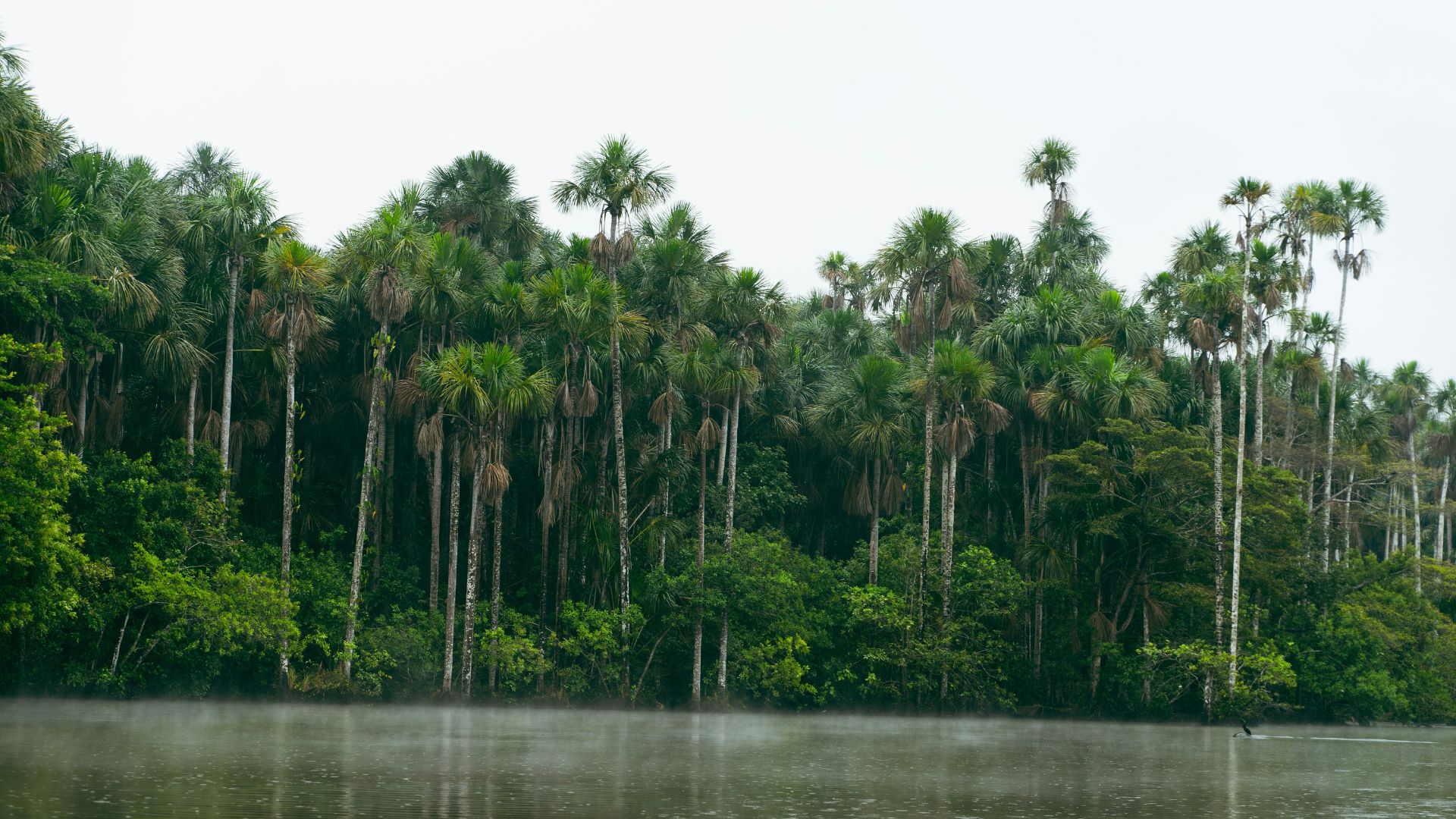
The Mashco Piro are thought to be the world’s largest Indigenous tribes to live without any contact whatsoever with the outside world. The Mashco Piro are one of 20 different tribes in Peru who have chosen to live in voluntary isolation.
The Peruvian government has estimated that there are about 750 Mashco Piro tribe members throughout the Amazon rainforest in Peru and Brazil.
The Mashco Piro Emerge From the Rainforest
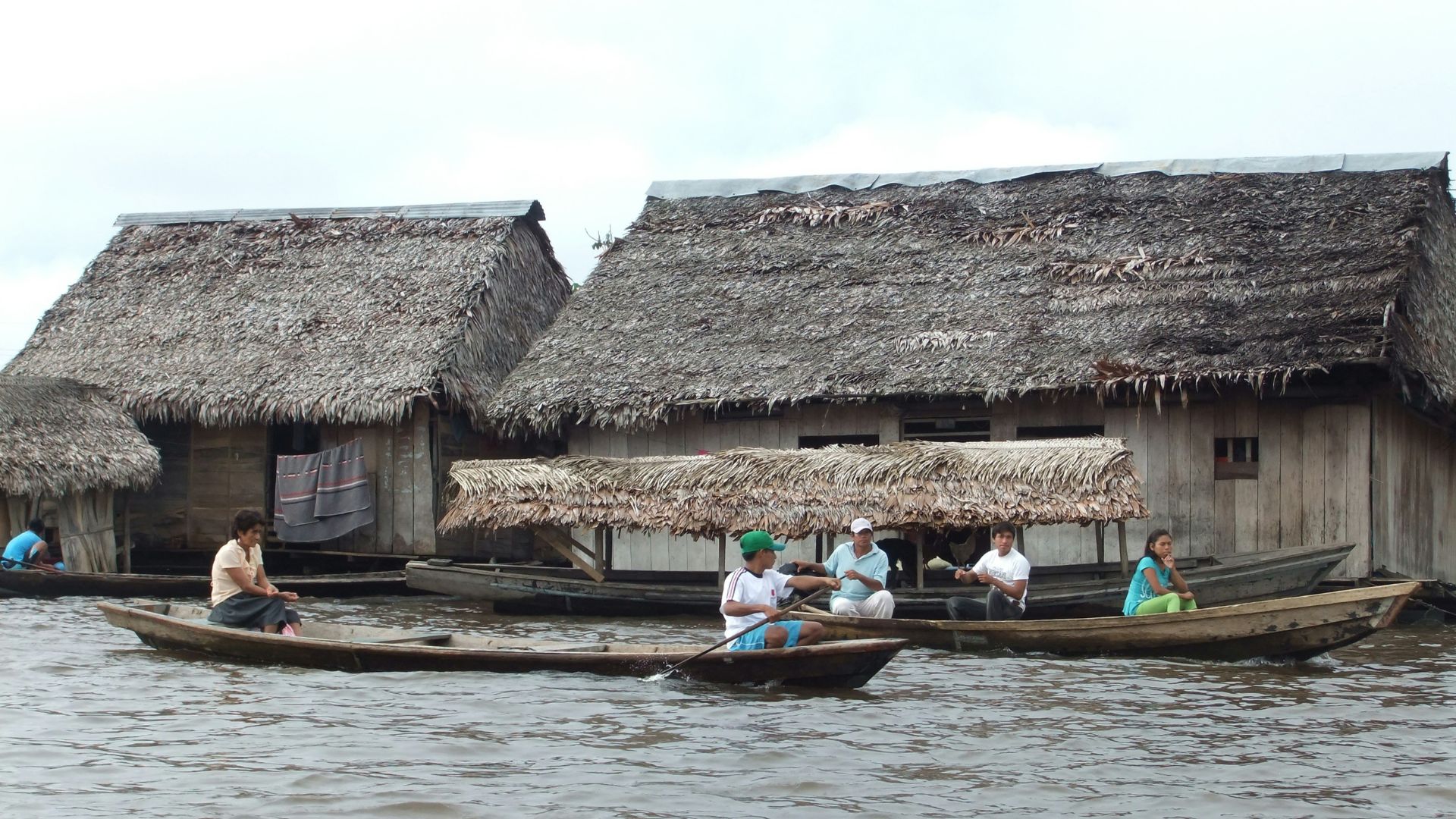
In the past few weeks, images and footage have captured more than 50 members of the Mashco Piro emerging from the Peruvian Amazon in a remote part of the country.
These members appeared near Monte Salvado, a jungle village in the southeast of Peru. Meanwhile, about 17 members also appeared near the Puerto Nuevo village, which neighbors Monte Salvado.
Why Are the Mashco Piro Coming Out of the Amazon?
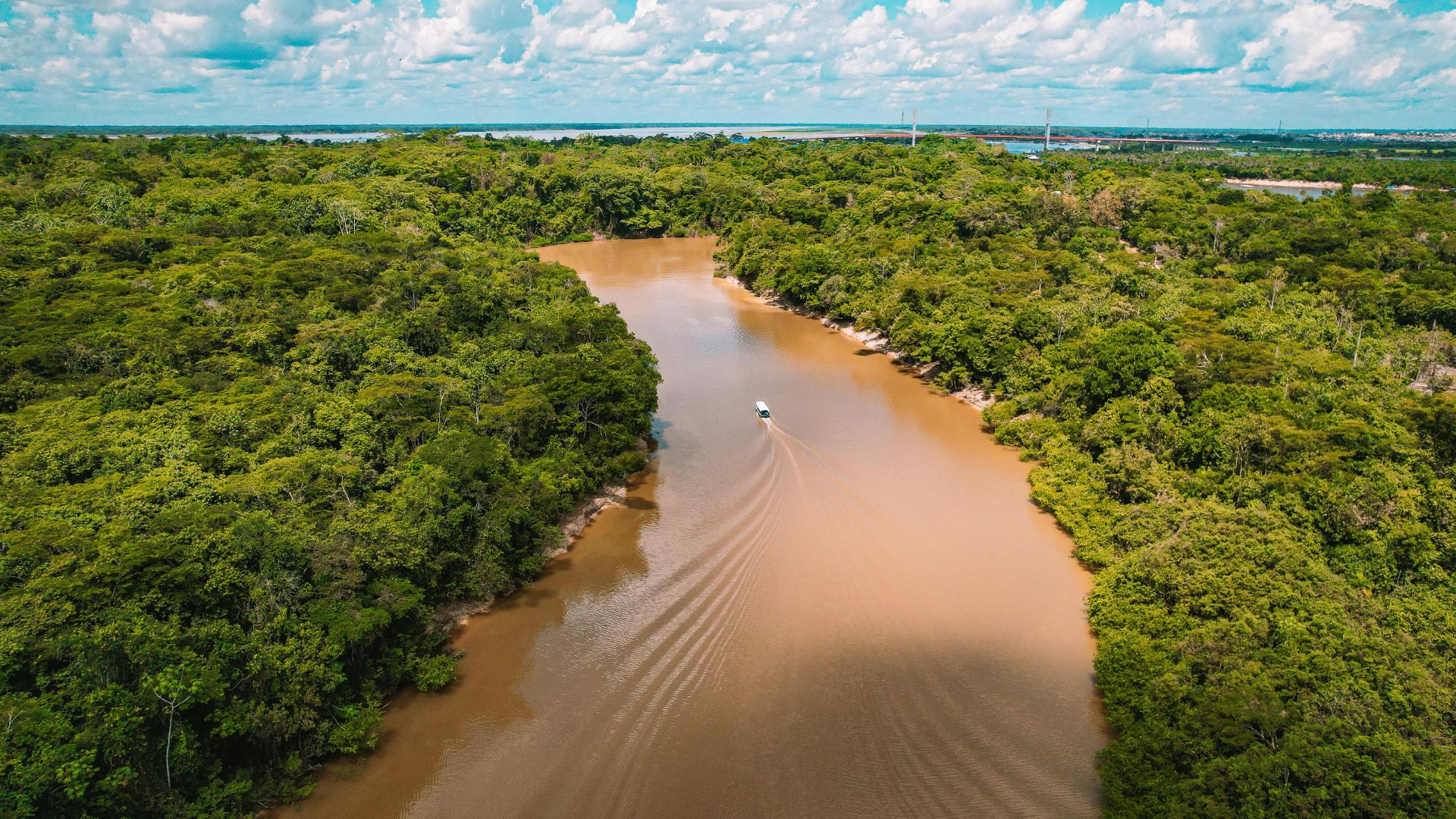
Indigenous rights advocacy group Survival International has released these videos and images of the Mashco Piro emerging from the rainforest and seemingly getting close to the outside world.
According to Survival International, nearby logging companies are completely to blame for this movement of these isolated tribe members.
Logging Companies in Peru
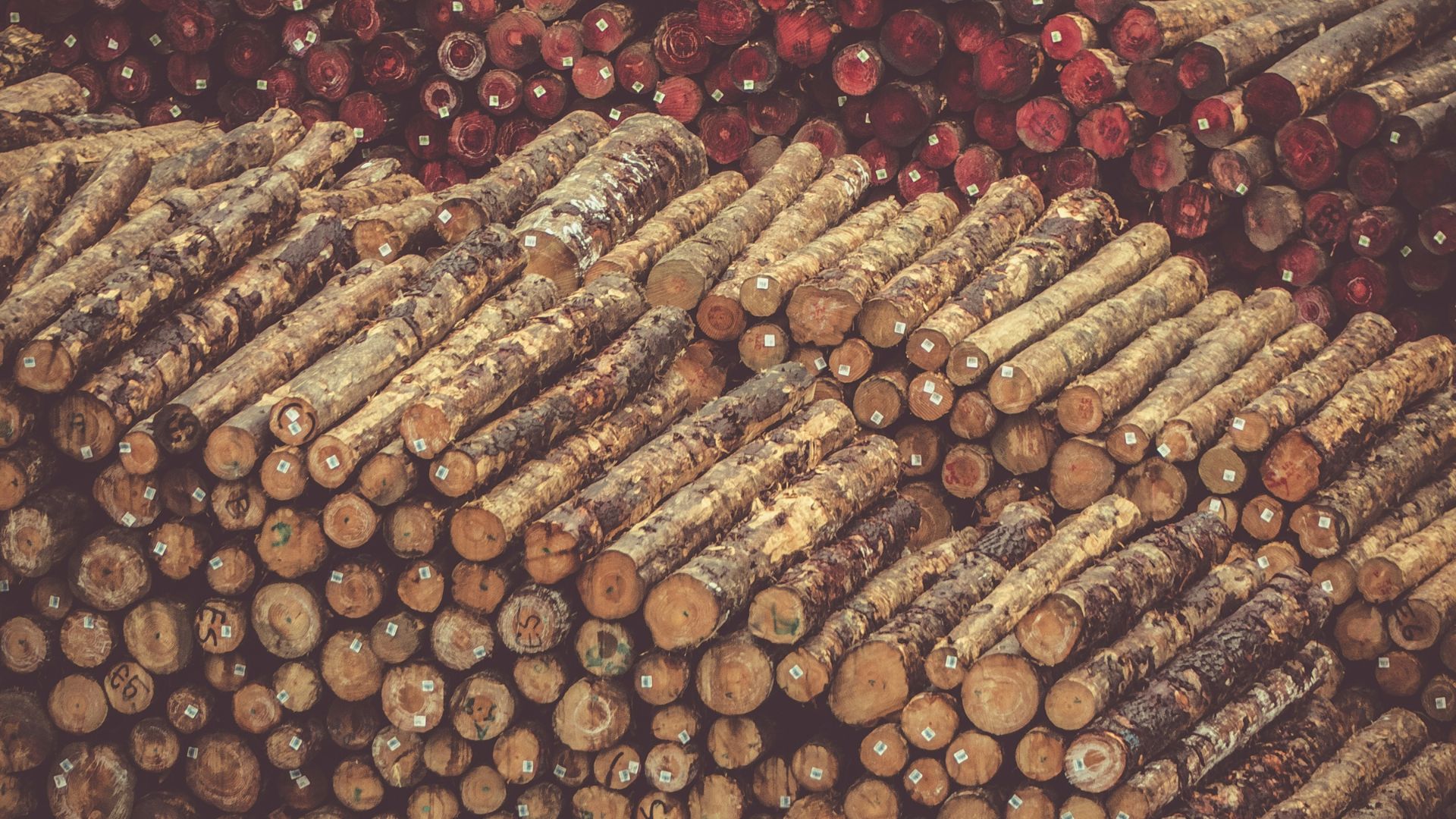
Many Indigenous activists have asked Peru authorities to force logging companies — such as Canales Tahuamanu, or Catahua — to halt all of their logging activities in the region.
So far, these loggers have built about 120 miles of roads in the area. Advocates state that this area is all inside the Mashco Piro territory.
Logging Companies Dispute Allegations
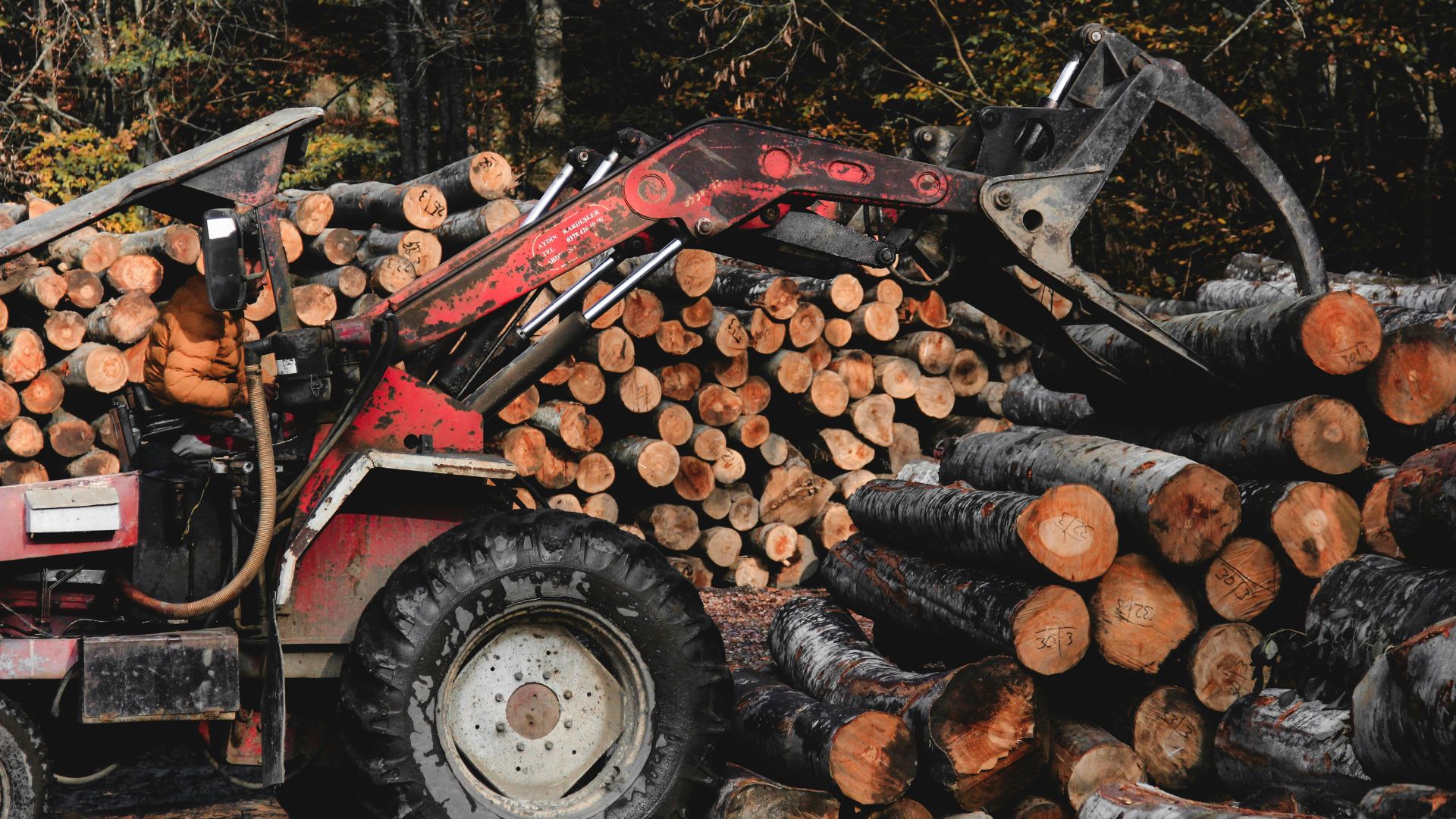
Though Catahua hasn’t responded to these most recent allegations, they have previously claimed that their workers have never seen any of the Mashco Piro members.
However, many advocates have pointed to Catahua’s record, which shows the logging company has had many different events where they have clashed with different Indigenous groups.
Protecting the Mashco Piro
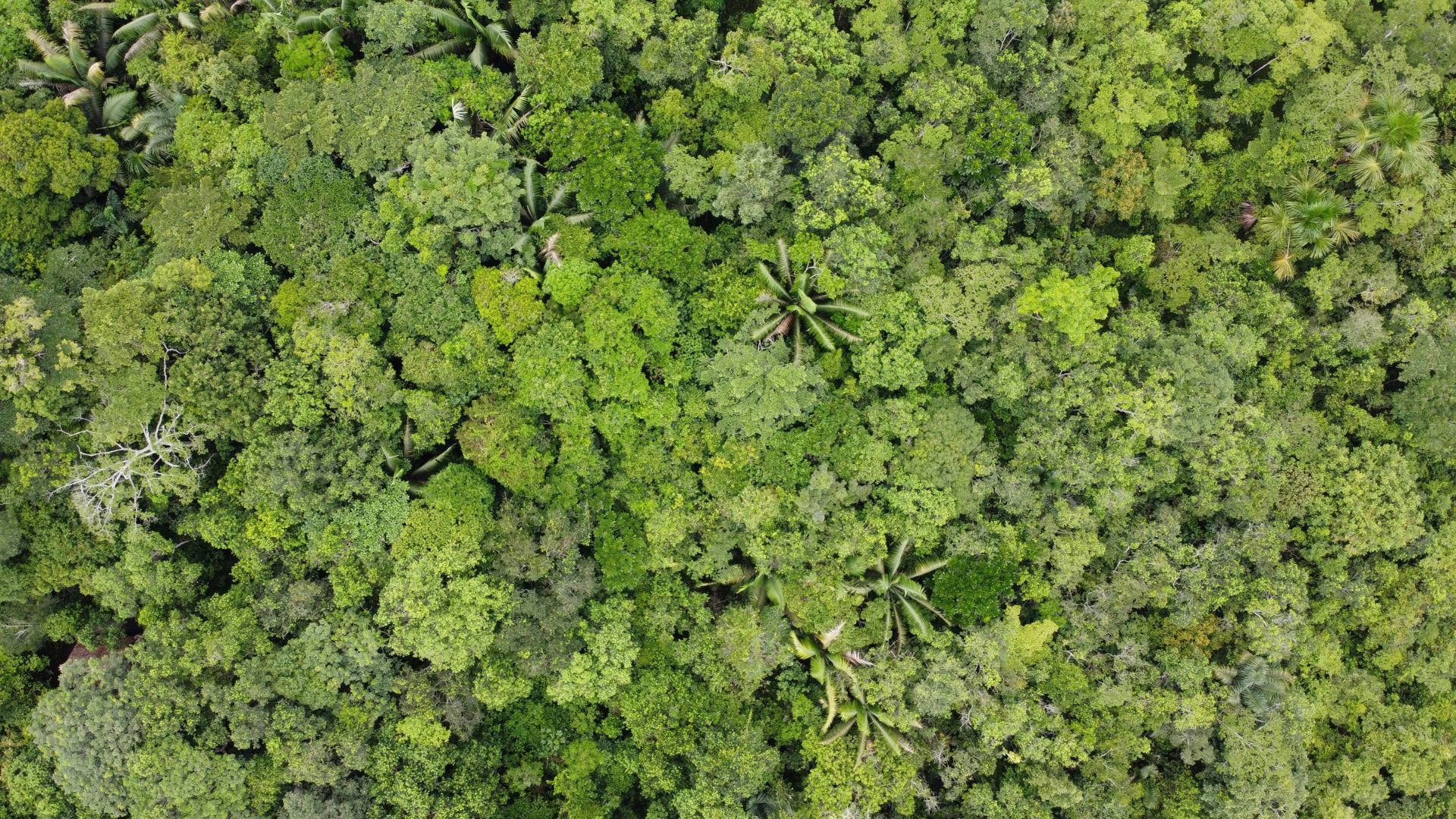
Alfredo Vargas Pio, the president of Fenamad, a local Indigenous organization, has stated that these images prove the Mashco Piro live in the vicinity — and the government is failing to protect them.
“This is irrefutable evidence that many Mashco Piro live in this area, which the government has not only failed to protect, but actually sold off to logging companies,” he explained.
Worries Over the Mashco Piro’s Future
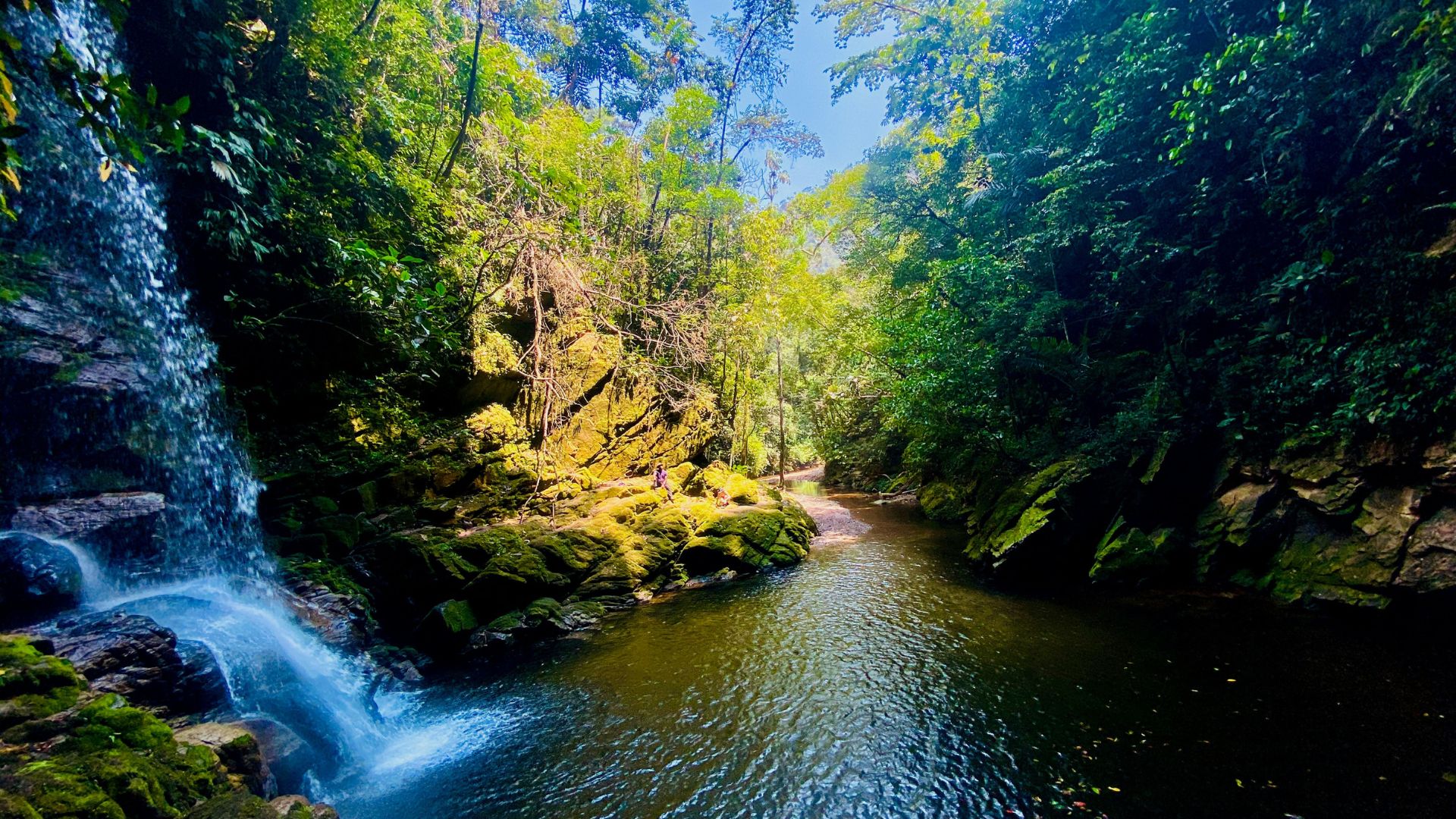
Fenamad, as well as many other organizations and advocates, have become increasingly worried about the Mashco Piro’s future. Logging workers could introduce the tribe to new diseases, which could completely devastate the community.
Meanwhile, the growing concern that violent escalations could occur between the tribe and the loggers has worried many.
Destroying the Tribe’s Habitat
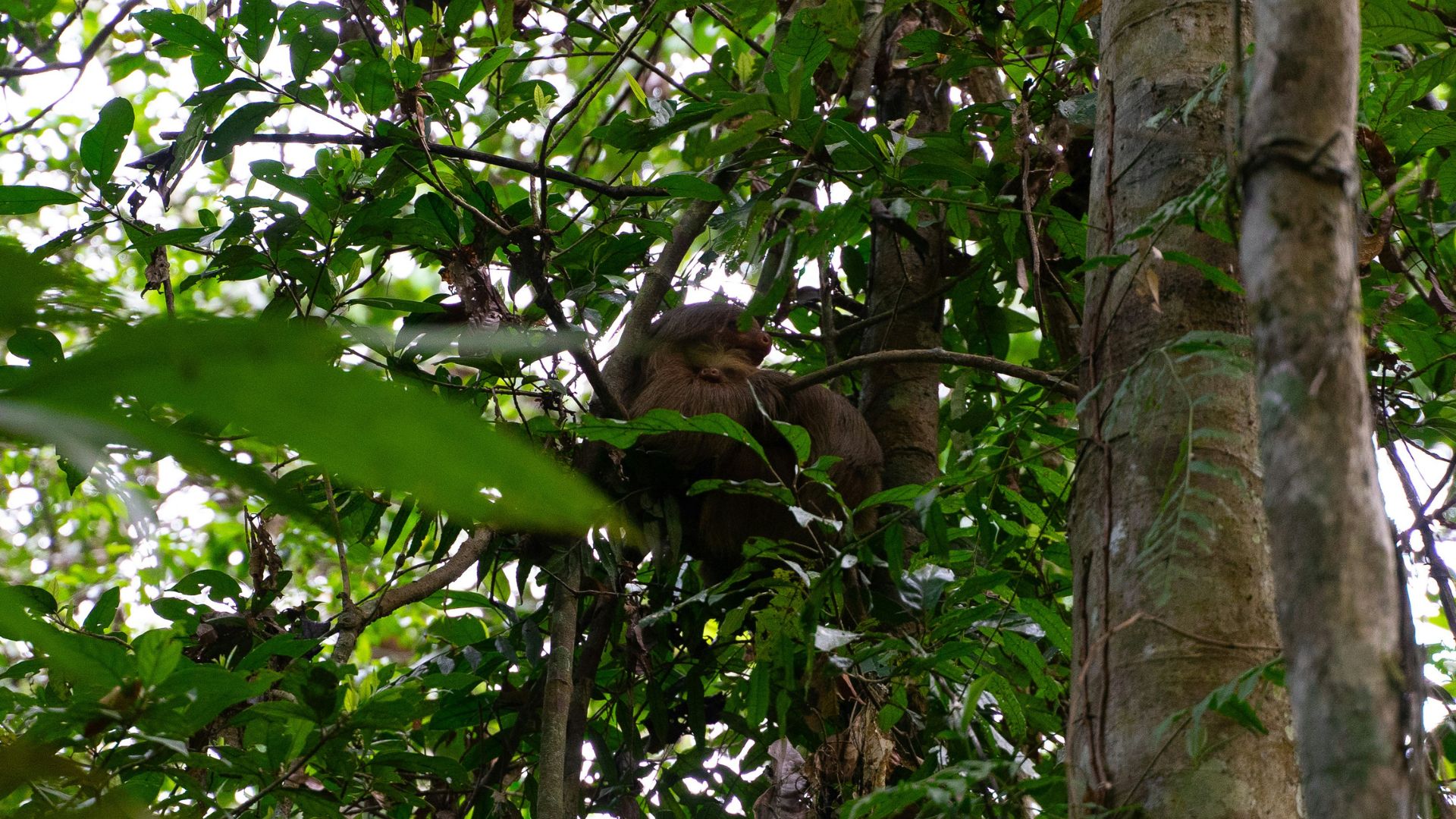
Many activists have also pointed to the fact that logging companies appear to be destroying much of the Mascho Piro’s habitat, as they are deforesting this region of the Peruvian Amazon. This is also harming the habitat of many animals.
Fenamad even revealed that Mashco Piro members have been seen emerging from the rainforest as they search for food.
Lack of Government Support
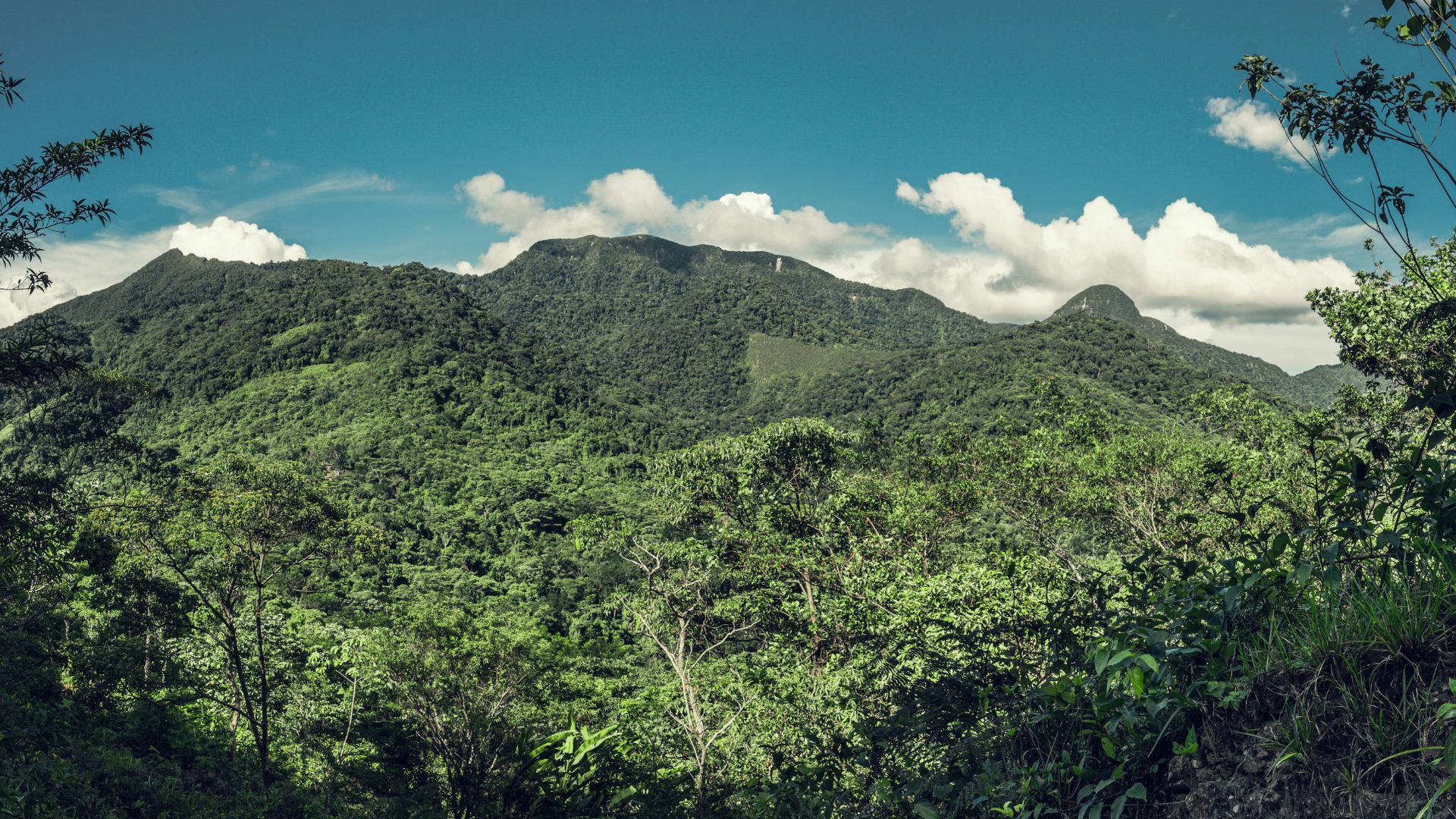
Advocates have stated that the Peruvian government has not supported the Mascho Piro or any other Indigenous tribes. Instead, a conservative-led Congress has recently allowed land that was deforested without permits to be legal.
This land has included territory that has — and likely will — been used by isolated Indigenous tribes.
Logging Groups in the Peruvian Amazon
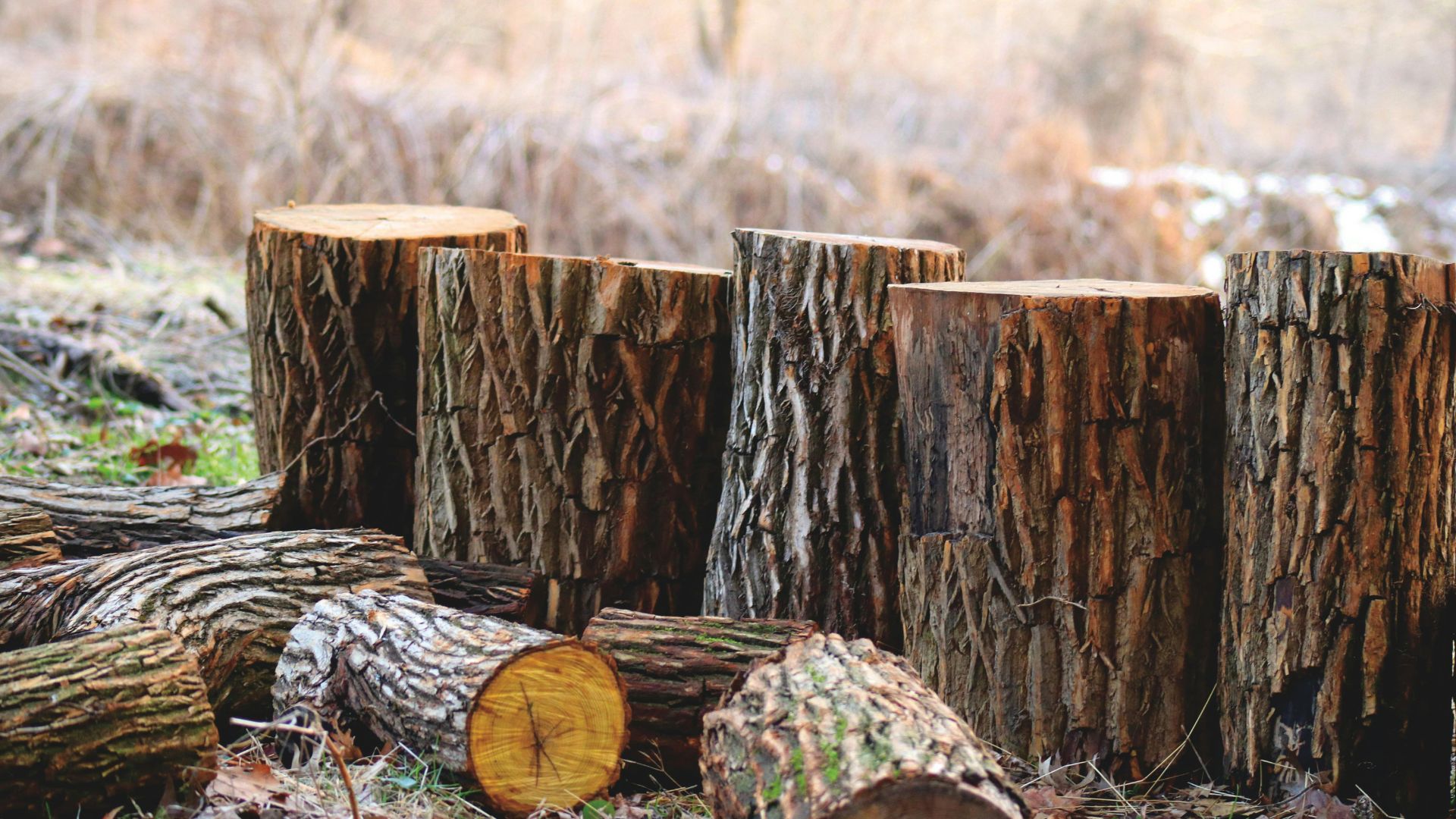
Catahua has long had a timber concession in the vicinity of the Peruvian Amazon. Since 2002, the company has worked in this area.
Now, the company has expanded to include about 193 square miles in previously remote rainforest regions of Peru.
Forced Contact
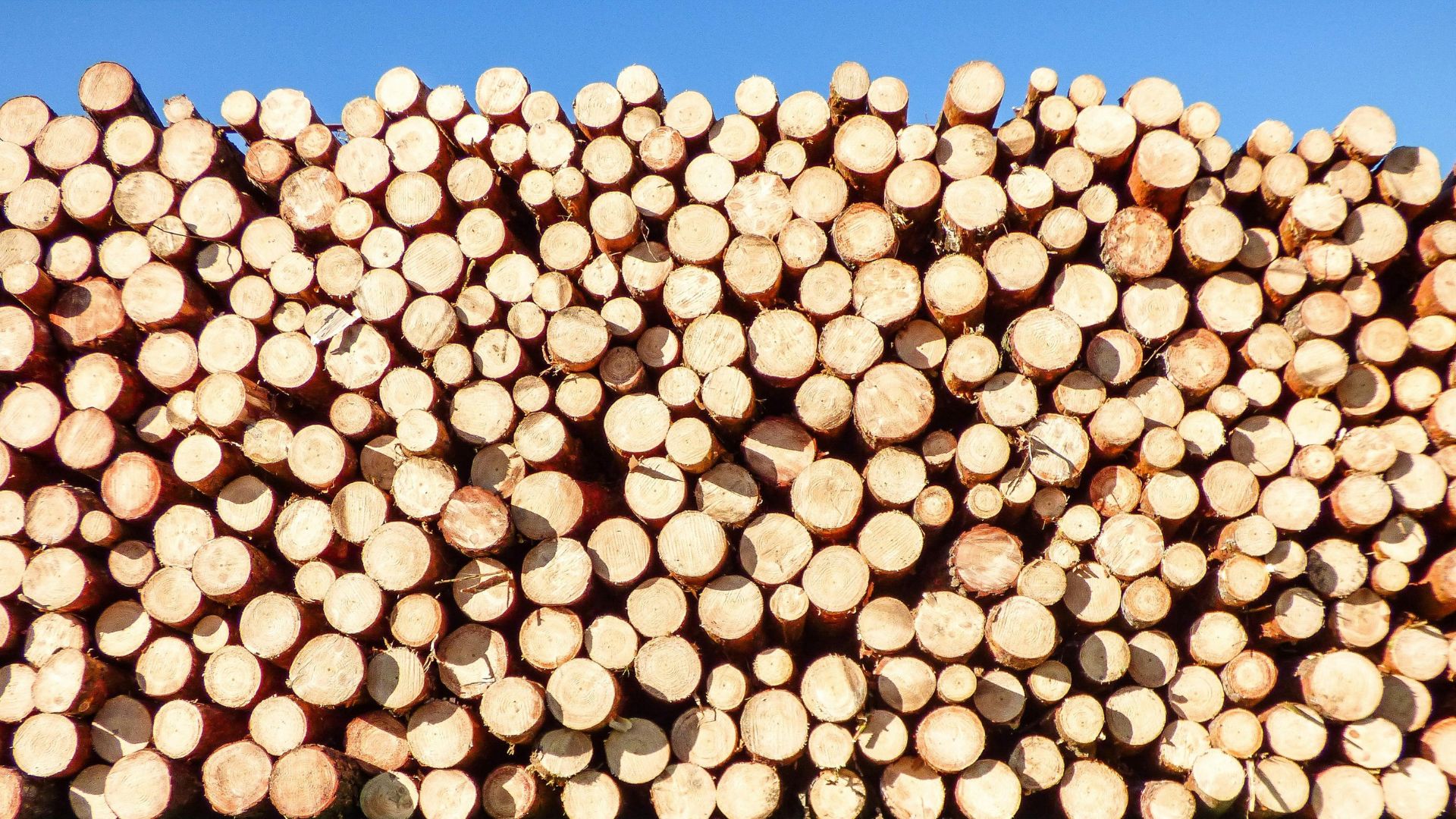
Various organizations are calling on the Peruvian government to halt the work of these logging companies, as they’re worried a “forced contact” event may soon play out.
Many have also explained that a humanitarian disaster may eventually appear, especially as these images prove that Mashco Piro tribe members are living not too far from where loggers are working.
